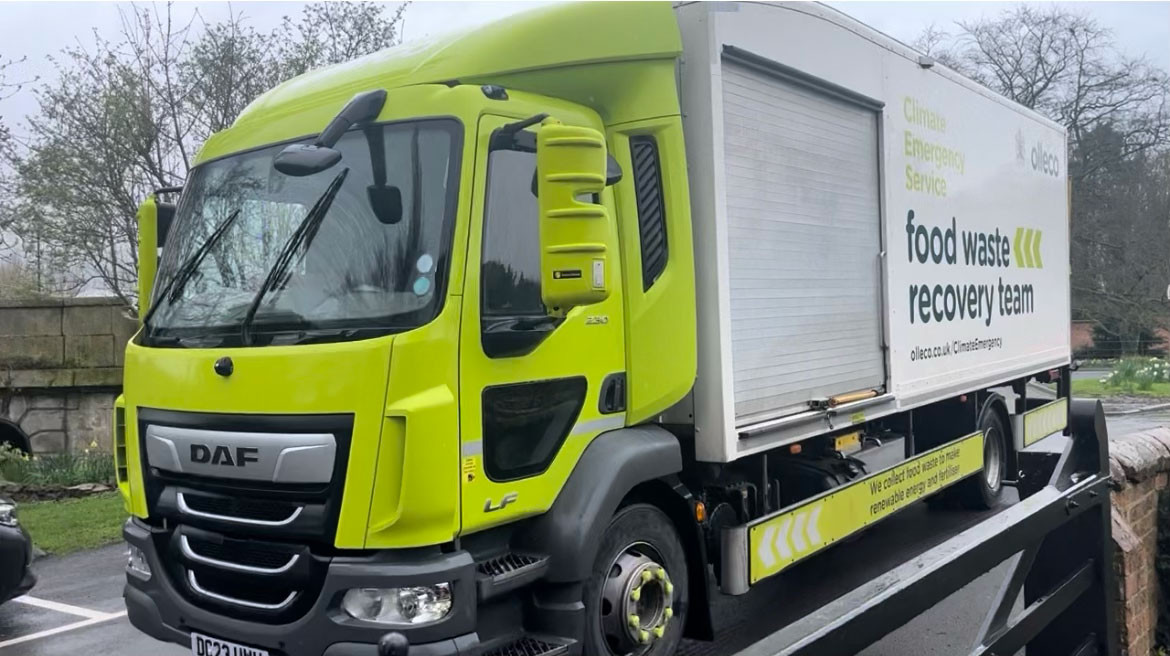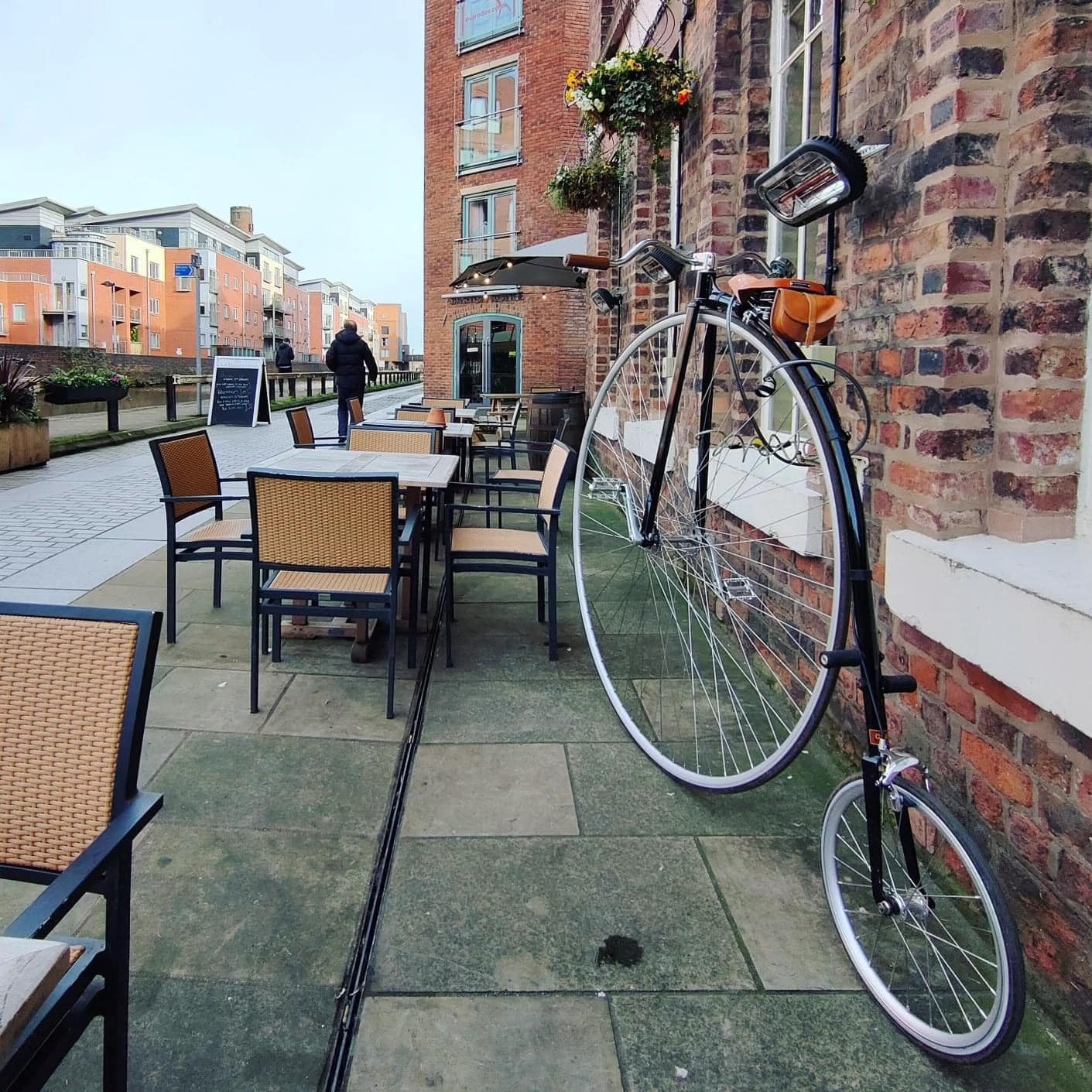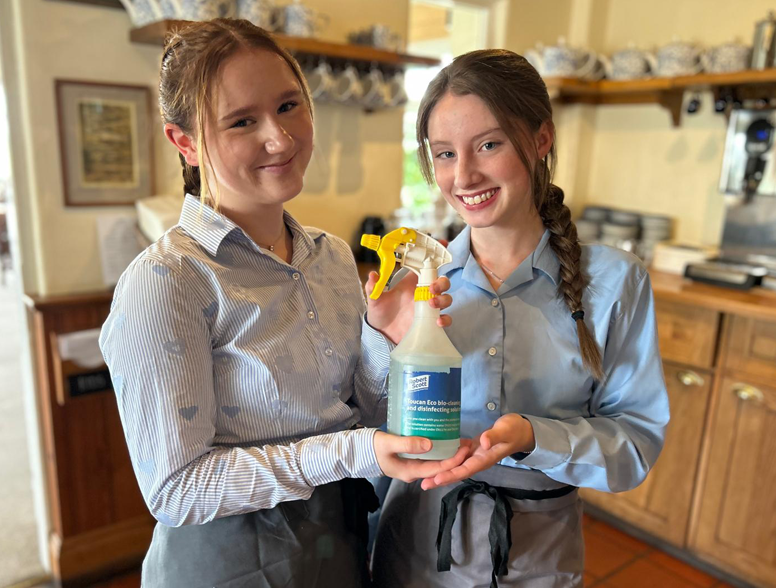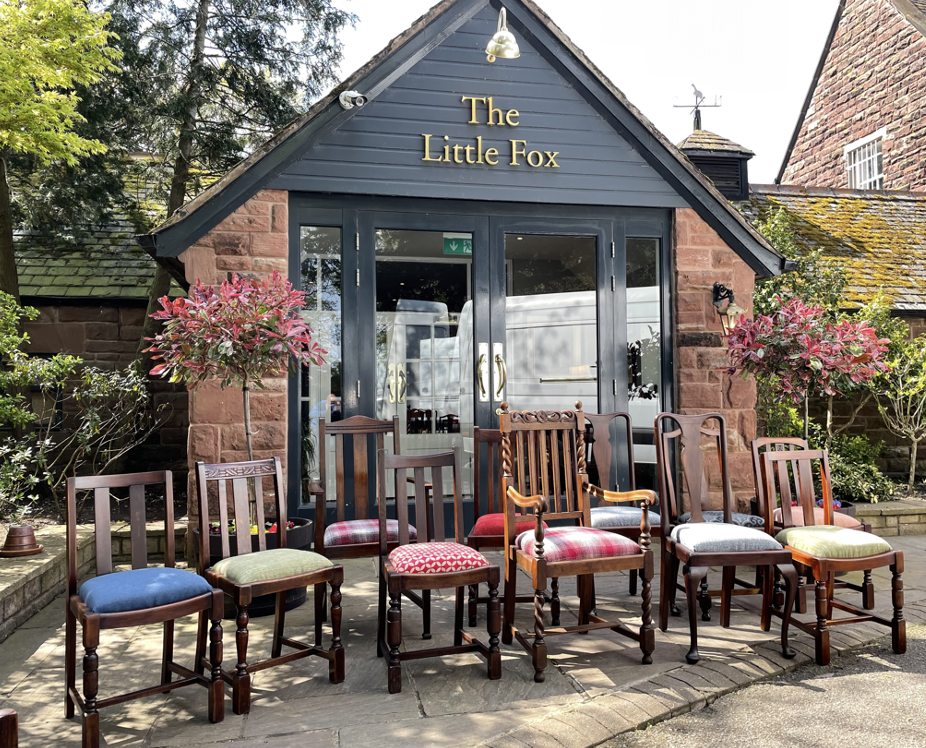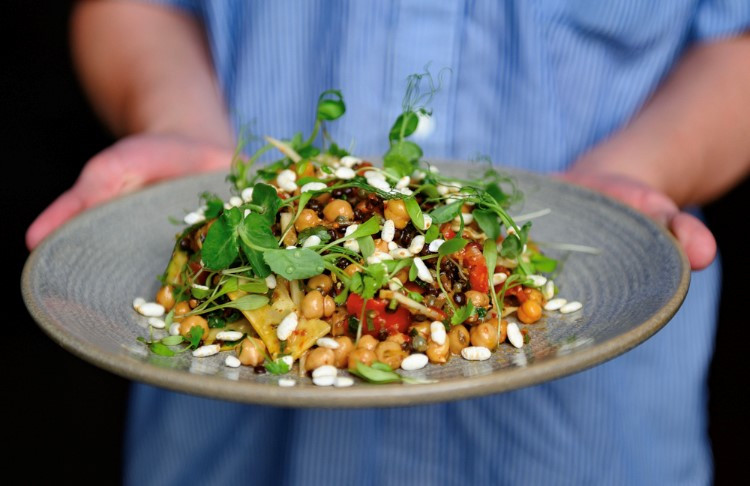Our Responsibilities
Sustainability
It seems only right that, as most of our pubs are ‘drive to destinations’ for most of our customers, we should do our bit to create clean fuel sources, so all of our cooking oil is now recycled into bio diesel. This means we are helping to power vehicles with clean fuel sources.
In 2023 we recycled 245,897 litres of cooking oil. The amount of mineral diesel this would have replaced equates to a saving of 524 tonnes of Carbon Emissions. We continue to recycle more and more oil each year.
On a similar topic of reducing car emissions, in 2024 we introduced a ‘cycle to work scheme’ which enables some of our crew to obtain a bike, safety equipment and clothing with our help. Our crew pay through their salary in manageable tax-free instalments, so they make a saving, whilst being able to enjoy all the fantastic benefits of using a bike for their commute. At the same time, we help to reduce local traffic and therefore emissions.
It’s a fantastic scheme dedicated to the personal wellness of our crew and links with our commitment to environmental sustainability.
For customers and crew that are driving to our pubs, we are busy installing electric charging points (where the electricity source allows), we only have a few at the moment, but we are committed to adding them to as many pubs as we can across the country.
As you can imagine we go through lots of glass and paper, and there is inevitably food waste as we deal with so much fresh produce. This is all segregated out in our waste and now nearly 99% of all of our rubbish is diverted away from landfills and recycled in one way or another. We work with our refuse collector, Veolia who sort our rubbish out into refuse that can be recycled and refuse that can be turned into energy.
Our chefs design menus to minimise food waste wherever possible, and utilise vegetable scraps and meat bones for homemade stocks and gravies. Customers are welcome to take home any food they can’t manage (we can provide a takeaway carton) and we periodically carry out audits to help us identify any food waste hotspots so we can address these.
We only use recycled paper in the pubs and in our office and have eliminated the single use plastics that we can, by removing items likes straws, stirrers and cleaning product vessels. We are also working with our suppliers to reduce the single use plastics used in their packaging.
We create our own antibacterial disinfectant cleaner in-house using a clever system that simply adds an electrical current to water and salt. A chemical reaction then takes place and combines the naturally occurring elements of hydrogen, oxygen and chlorine into hypochlorous acid, an effective disinfectant, and sodium hypochlorite, a mild pH level cleaning agent - no manufacturing, no plastic packaging and no delivery which all add to the reduction of carbon emissions, but we still get an effective sanitiser that kills 99.99%+ of germs.
Whether we’re refurbishing an older pub or creating a new one from scratch, the idea of clever, purposeful reuse is woven into the design, helping to create a look and feel that’s unique to each location. We love to use reclaimed furniture and artwork, it adds to the ambiance of the pubs, but restoring old furniture rather than buying new pieces is also great from an environmental perspective.
Fully electric kitchens look to be the future! We have a bit of a mix of equipment in our kitchens now, so we are working on a plan to convert where we can. It seems counterproductive to decommission perfectly good equipment, but as and when things break we take a view on what we can replace it with that is more ‘green’. We also have an ambition to make all of our new kitchens going forward electric. It’s always dependant on how much power there is available to us from the grid, but where there’s a will there’s a way and our Project Manager Dee is a pretty determined lady!
A big project that we are working on is measuring the carbon impact on each of our dishes. There are themes that help us, plant-based dishes are often (but not always) lower carbon impact and beef dishes are generally the highest. This doesn’t mean that we will revolutionise our menus - our customers love us for our range of dishes and we are a business at the end of the day - so we like to offer what sells best (there would be a revolt if we were to remove the Lamb Shoulder for instance) but it does help us to make informed decisions and make sure our menus are fully rounded. It also helps us to have open and honest conversations with our suppliers to see if we can lower the carbon footprint of some of the ‘higher’ scoring ingredients.

